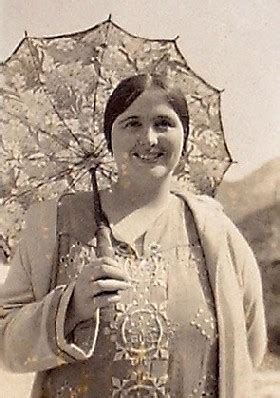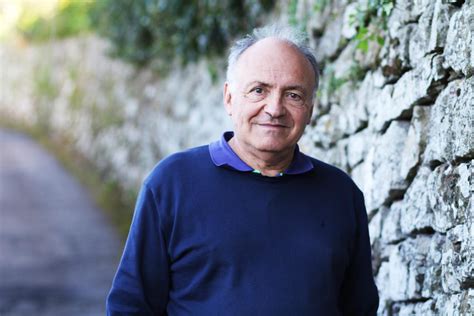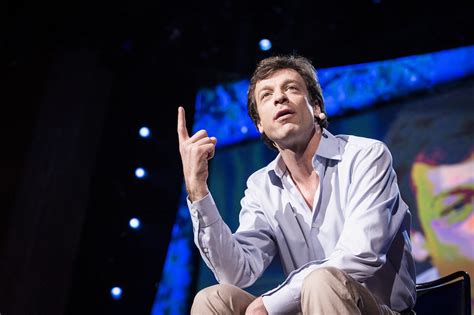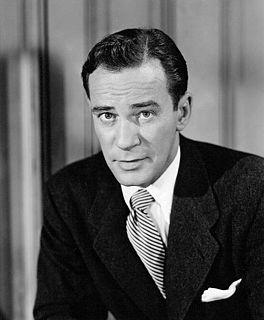A Quote by Patricia Wentworth
The fact is, for most of us, what happens to ourselves is so much more important than what happens to other people that the smallest mote in our own eye will prevent us from being unduly harrowed by someone else's beam.
Related Quotes
Something similar happens on the other side of the equation: Giving kindness does us as much good as receiving it. . . . The true benefit of kindness is being kind. Perhaps more than any other factor, kindness gives meaning and value to our life, raises us above our troubles and our battles, and makes us feel good about ourselves.
In a safe Western world where we're not being shot at and we're not starving, the worst thing that happens to us most days is someone's rude to us, or we accidentally insult someone. Social faux pas is the worst thing that happens to most people, most days, so we've got to concentrate on that, really.
I realize how myself and other people have started to almost fool ourselves that it's more important to us and more real than the real world, the offline world, and we value looking at our phone and pixels on a screen more than connecting eye to eye with a human being, which is terrifying to me because we're becoming robots.
Culture is so much faster and so much more effective than anything else. If you go on a march, you march for a couple hours and it might be on the news that night, but if it happens culturally, it happens forever. Everywhere in the world, that TV show is being played. Someone is downloading it illegally. It's blowing someone else's mind. Culture marches so quickly, and it's a language we all understand.
It is possible to move through the drama of our lives without believing so earnestly in the character that we play. That we take ourselves so seriously, that we are so absurdly important in our own minds, is a problem for us. We feel justified in being annoyed with everything. We feel justified in denigrating ourselves or in feeling that we are more clever than other people. Self-importance hurts us, limiting us to the narrow world of our likes and dislikes. We end up bored to death with ourselves and our world. We end up never satisfied.
Our Christian destiny is, in fact, a great one: but we cannot achieve greatness unless we lose all interest in being great. For our own idea of greatness is illusory, and if we pay too much attention to it we will be lured out of the peace and stability of the being God gave us, and seek to live in a myth we have created for ourselves. And when we are truly ourselves we lose most of the futile self-consciousness that keeps us constantly comparing ourselves with others in order to see how big we are.
Nothing helps us build our perspective more than developing compassion for others. Compassion is a sympathetic feeling. It involves the willingness to put yourself in someone else's shoes, to take the focus off yourself and to imagine what it's like to be in someone else's predicament, and simultaneously, to feel love for that person. It's the recognition that other people's problems, their pain and frustrations, are every bit as real as our own-often far worse. In recognizing this fact and trying to offer some assistance, we open our own hearts and greatly enhance our sense of gratitude.
It's true that a human being cannot control what happens to him. However, what we can control is how we respond to what happens to us, what we do with what happens to us. Even if the range of choice is minimal, there is always a choice. From that point of view, destiny is our battlefield. It's not a tragedy; it is what we do with it.
When we choose to be parents, we accept another human being as part of ourselves, and a large part of our emotional selves will stay with that person as long as we live. From that time on, there will be another person on this earth whose orbit around us will affect us as surely as the moon affects the tides, and affect us in some ways more deeply than anyone else can. Our children are extensions of ourselves.
?"Magic is the first and last religion of the world. It has the power to make us whole, to open our eyes to the Dominions and return us to ourselves. Everything that isn't us is also ourselves. We're joined to everything that was, is and will be. From one end of the Imajica to another. From the tiniest mote dancing over this flame to the Godhead Itself.






































